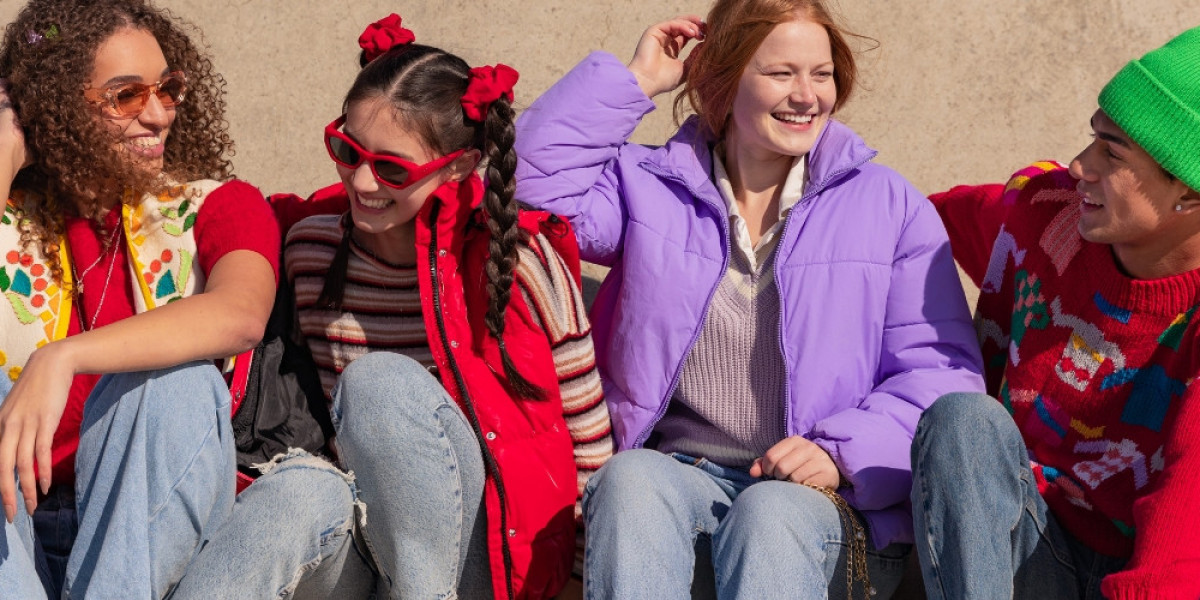Technology has always played a pivotal role in shaping human civilization, influencing how people communicate, work, and engage with the world around them. In the modern era, technological advancements have accelerated cultural changes at an unprecedented rate, transforming social norms, entertainment, fashion, and even the way people interact on a global scale. From artificial intelligence (AI) to social media, the digital revolution has reshaped cultural landscapes in ways that were unimaginable just a few decades ago.
In this article, we will explore how technology has influenced cultural trends across various domains, from communication to entertainment, fashion, and beyond. Additionally, we will examine how emerging technologies continue to redefine how people connect and express themselves in a rapidly evolving digital age.
The Impact of Social Media on Cultural Trends
One of the most significant ways technology has influenced culture is through social media. Platforms like Instagram, TikTok, Twitter, and Facebook have become powerful tools for shaping global trends. These platforms not only provide instant access to information but also enable people to create and share content that can quickly gain traction worldwide.
Viral Trends: Memes, challenges, and viral videos spread rapidly, influencing fashion choices, music preferences, and even language use. Social media has the power to make certain phrases or dance moves globally recognizable within days.
Influencer Culture: Influencers and content creators shape consumer behavior and set new fashion and lifestyle trends. Their reach and engagement levels have surpassed traditional advertising methods, making them key players in modern culture.
Digital Activism: Social media platforms have also become essential tools for activism and awareness. Movements such as #MeToo and #BlackLivesMatter have gained worldwide momentum, proving how technology can drive cultural change and promote social justice initiatives.
The Role of AI in Social Media: AI-powered recommendation algorithms play a crucial role in determining which content reaches users, influencing trends and behaviors. These algorithms curate personalized feeds, ensuring that users stay engaged and consume content that aligns with their interests.
For more insights into the role of technology in shaping digital culture, check out this comprehensive resource that explores the latest advancements and trends.
The Evolution of Entertainment Through Technology
Technology has dramatically transformed the entertainment industry, reshaping how people consume and engage with media.
Streaming Services: The rise of Netflix, Hulu, Disney+, and other platforms has revolutionized the way people watch movies and television. Traditional cable TV is becoming obsolete as on-demand content becomes the norm.
Gaming Culture: Video games have evolved from simple pixelated entertainment to immersive experiences that incorporate virtual reality (VR) and augmented reality (AR). Esports has gained mainstream popularity, making gaming a major cultural force.
Music and Digital Platforms: The way people listen to music has changed drastically with the advent of streaming platforms like Spotify and Apple Music. AI-driven algorithms curate personalized playlists, influencing people’s music tastes and discovery of new artists.
Content Creation and User-Generated Media: Platforms such as YouTube and TikTok have given rise to a new wave of content creators who shape cultural narratives, redefining how entertainment is consumed and produced.
The Role of Blockchain in Entertainment: Blockchain technology has introduced new ways for artists to monetize their work, from NFTs to decentralized streaming platforms, ensuring that creators have greater control over their intellectual property.
Fashion and Technology: A Digital Revolution
Fashion has always been a reflection of cultural trends, and technology has accelerated innovation in this industry.
Digital Fashion and Virtual Influencers: AI-generated influencers and digital fashion collections are redefining the industry. Brands are experimenting with virtual clothing that can be worn in digital spaces, such as social media avatars and gaming platforms.
E-Commerce and Personalized Shopping: AI-driven recommendations and virtual try-ons enhance the shopping experience, allowing consumers to make better purchasing decisions.
Sustainability and Smart Fabrics: Advancements in material science have led to the development of sustainable and smart textiles. Technology is enabling brands to produce eco-friendly fabrics while integrating wearable tech into clothing.
3D Printing in Fashion: Designers are leveraging 3D printing to create custom, on-demand clothing, reducing waste and pushing the boundaries of creativity in fashion.
Augmented Reality (AR) in Retail: AR technology allows customers to virtually try on clothing and accessories before making a purchase, enhancing the shopping experience and reducing returns.
The Influence of AI and Automation on Cultural Norms
Artificial intelligence and automation are not just transforming industries; they are also redefining social norms and human interactions.
AI in Creativity: AI-generated art, music, and even literature are challenging traditional notions of creativity. AI-driven platforms like DALL·E and ChatGPT are pushing the boundaries of human-machine collaboration.
Automation and the Workforce: The increasing use of AI in various sectors has changed workplace dynamics, influencing work culture and redefining job roles.
Ethical Considerations: The integration of AI into daily life raises ethical questions about data privacy, bias in algorithms, and the implications of automation on employment.
The Future of AI in Education: AI-driven learning platforms are revolutionizing education, providing personalized learning experiences that cater to individual students’ needs.
For a deeper exploration of how technology and cultural trends intersect, take a look at this insightful analysis on the impact of technology on shaping cultural norms.
The Future of Cultural Trends in a Hyperconnected World
As technology continues to evolve, so will its impact on cultural trends. The rise of the metaverse, blockchain, and digital identities is likely to reshape how people interact and express themselves in the digital world.
The Metaverse and Virtual Communities: The metaverse, powered by VR and blockchain technology, is expected to create new forms of cultural expression. Virtual concerts, digital real estate, and online social spaces will become integral to modern lifestyles.
Blockchain and Digital Ownership: The rise of NFTs (non-fungible tokens) has already transformed the art and entertainment industries. Digital ownership and decentralized economies will play a crucial role in shaping future cultural trends.
5G and Beyond: Faster connectivity will enable even more immersive experiences, from real-time holographic communication to seamless integration of AI in daily life.
Cybersecurity and Cultural Safety: As technology becomes deeply embedded in everyday life, protecting cultural data, privacy, and digital identities will be paramount.
Human Augmentation and Biohacking: The integration of technology into the human body, from brain-computer interfaces to wearable tech, is set to redefine what it means to be human.
Conclusion
Technology is a driving force behind cultural evolution, influencing how people communicate, entertain, dress, and work. Social media, AI, automation, and digital platforms have redefined human interactions and cultural norms, making the world more interconnected than ever before.
As we move forward, it is essential to consider both the opportunities and challenges that technology presents. While it fosters innovation and connectivity, it also raises ethical questions that need to be addressed. By understanding and navigating these shifts responsibly, we can ensure that technology continues to enhance and enrich cultural diversity in the modern world.
The relationship between technology and culture is dynamic, constantly evolving as innovations emerge. Whether through social media, AI-generated art, or virtual communities, technology will undoubtedly continue to shape cultural trends for generations to come.










